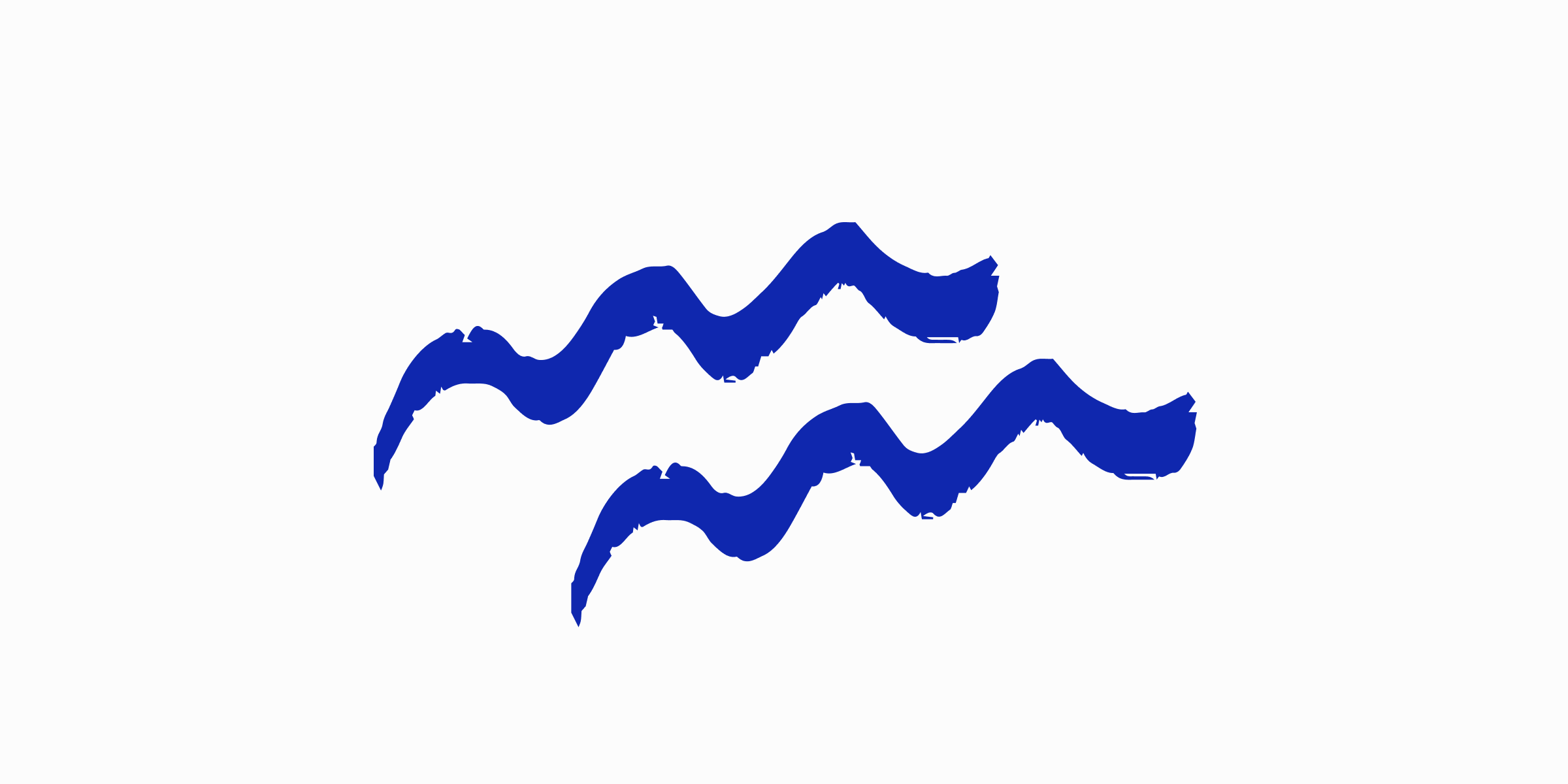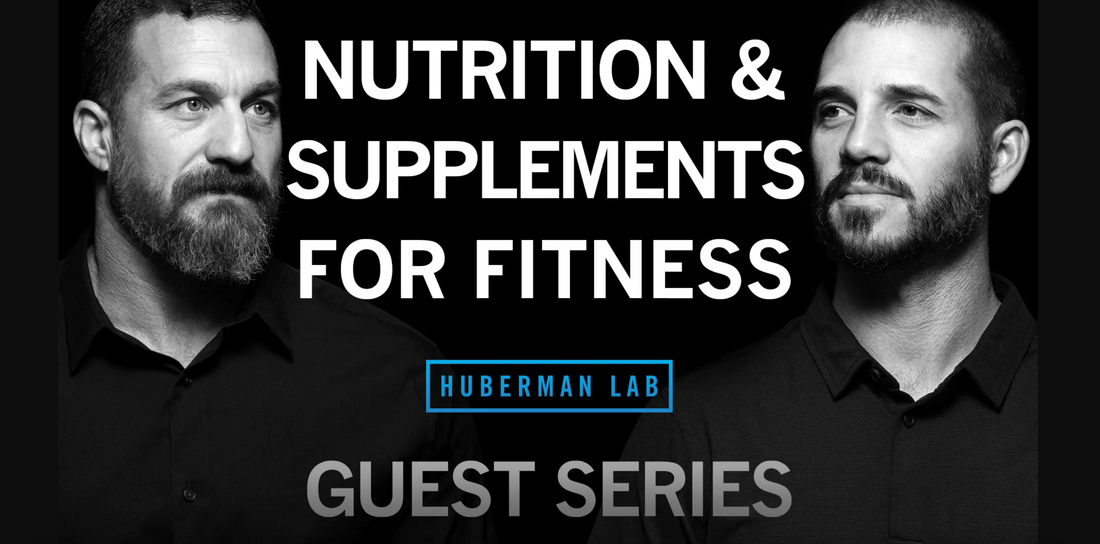In this article, we will review a conversation between A. Huberman, professor of neurobiology and ophthalmology, and A. Galpin, professor of kinesiology, about optimal nutrition, and the use of fluids and supplements for better sports results.
In an episode of the Huberman Lab podcast, these scientists discuss fluid intake before, during, and after exercise and how dehydration interferes with physical and mental performance. Galpin also shares the most effective supplements and nutritional recommendations to improve training performance and recovery.
💊
A. Galpin opens the discussion by saying that one of the reasons supplements can be an effective tool is that you can consume nutrients in high concentrations that you wouldn't get naturally through food.
However, the professor emphasizes - "no supplements are a panacea". During the interview, A. Galpin and A. Huberman encourage listeners to become scientists themselves and find the best option for themselves. This offer is valid not only for the supplement itself, but also for its portion and frequency.
If necessary, A. Galpin mentions several supplements that, in his opinion, correspond to the 80/20 rule (otherwise known as the Pareto principle), when 20% of the effort gives 80% of the results:
-> Number one on A. Galpin's list - Creatine . 3-5g per day improves muscle performance and strength and is a fantastic tool for managing muscle damage and promoting recovery. The scientist mentions that there is more and more data on the benefits of creatine for memory, executive function and mood. " The brain loves creatine as fuel" - but in order to achieve the best result, creatine must be consumed regularly. It has a slow, cumulative effect, providing positive mental and physical benefits.
-> Other high-impact, generally safe and inexpensive supplements that contribute to the 80/20 rule include beta-alanine, sodium bicarbonate, beet juice, and caffeine. A. Galpin thinks it is most important to cover each of the three categories - fuel (creatine), stimulant (beetroot juice and caffeine) and anti-fatigue (beta-alanine, sodium bicarbonate) supplements.
💧
Hydration - Fluid intake
Dehydration negatively affects our body. Galpin says that often just increasing your fluid intake will improve things, whether it's physical or mental performance.
As little as 2% dehydration (body weight loss due to fluid loss) decreases the accuracy of your exercise performance and also significantly increases the perception of exercise difficulty. Blood volume is also noticeably reduced. In general, dehydration reduces the effectiveness of training.
*Interesting fact - Hyponutremia, low sodium due to drinking too much water. May present with the same symptoms.
Body needs:
Half an ounce per pound of body weight per day* (rough estimate), this doesn't include water loss from exercise, saunas or the like, just the basic daily needs .
It is important to mention that you will need to drink about 125% of the fluids you lost during the session. This is usually between 1 (0.45kg) and 5 pounds (2.2kg) (per hour) depending on the person. So if you're not sweating profusely, you're probably losing about 0.5kg, which would mean you'd need to drink 0.625L.
*Example - if you weigh 160 pounds (72.5 kg), 80 ounces (2.4 L) would be the amount of fluid you need to cover your body's essential needs.
A. Galpin emphasizes - "when we talk about liquids, we talk about any liquids, it doesn't have to be only water" .
It is true that caffeinated liquids release more sodium. And yes, caffeine can increase dehydration, but coffee won't necessarily have that effect, whereas caffeine pills most likely will. Galpin points out that you shouldn't worry too much about the sodium you've lost from caffeine. It is more important to calculate how much you lose during training.
Sweating:
What role does sweating play? It is very important to remove body heat (get rid of heat, reduce temperature).
You can train your ability to sweat. Interestingly, it's not sweating itself that regulates your temperature. You need the liquid to touch the skin and then evaporate - this is the real mechanism. So really, if you stop sweating, you're guaranteed to just stop moving for a short period of time.
Heat acclimatization training is as simple as it sounds - all it takes is practice. "Exercise" in the sauna, hot tub, and you will clearly improve your ability to sweat.
A. Galpin reminds - if you are engaged in an activity during which you do not lose 2% of your body weight, you do not need to worry too much about replenishing fluids during sports, hydration will not harm your performance.
A. Galpin's equation, indicating how much fluid should be consumed during sports:
2 ml per kilogram of body every 15-20 minutes. If you weigh 70 kg, during intense training, you should drink 140 ml of liquid every 15-20 minutes.
The scientist recommends starting your workout with enough fluids, staying hydrated throughout your workout, and drinking afterward to replenish what you've lost. Half an ounce per pound of bodyweight to start your workout 'hydrated', 2ml per kilogram to maintain optimal levels, and 125% to refuel after.
The scientist simplifies everything to a few most important rules - you need to rebuild, rehydrate and replenish. For best results, you'll need a steady supply of glucose, a steady supply of amino acids, and you need to drink enough fluids. And you have to do everything without disturbing your gut too much!
A 5-step “cheatgrass” for optimizing fluid intake for efficiency:
- Start your morning by drinking lots of water (this gets all your systems going and ensures you don't need to drink lots of water at night). A lot depends on your makeup, but one full glass of water should be enough. It is also important to sip water. The faster you drink, the faster you will eliminate it.
-
A large part of the water intake should come from food. Eat real, whole foods. They will be full of liquid/water. Meanwhile, processed foods are usually specially dehydrated and usually heavily salted.
-
If you plan to have an intense workout (long, in hot weather) take care of your hydration level before then. Start with half your body weight in pounds per ounce - if you weigh 200 pounds (90.7kg), drink 100 (2.95L) ounces. Our 'system' - try to divide your body weight by 30 and you will get the approximate amount of liquid (liters) you should drink.
-
When glycogen depletion is an important factor in athletic performance (endurance sports), consume 20 g of carbohydrates every 20 minutes or 60 g per hour. The type of carbohydrates is also important - focus on glucose and fructose. And most importantly, don't do anything in the competition that you haven't done in training (the stomach also needs practice).
- 3 hours before bedtime, the amount of liquids should be limited.
A. Galpin also mentions that total macronutrient intake for the day is more important than trying to time it. The timing of protein intake doesn't matter, but with carbohydrates, if the training is more intense, the energy expenditure will be high. The scientist provides an approximate calculation - half a gram of carbohydrates per body weight in pounds, protein - a quarter of your body weight. More specifically, if you weigh 200 pounds (90.7 kg), you will need 100 grams of carbohydrates and 50 grams of protein.
Stimulants
Caffeine - 1-3 mg per kilogram of body weight 30 minutes before training. However, it is very important to mention that for people who are not used to caffeine, it can have the opposite effect and reduce performance. And in general, an excessive amount can become not useful, but harmful. If you are looking for a boost in the evening - choose beetroot juice.
Enhancing focus – Nootropics can be used for important workouts or certain types of exercise. Minor benefits include power, fatigue resistance, endurance performance. Example - rhodiola rosea (one ingredient) - to reduce fatigue. It can help manage cortisol, but it should be remembered that it is needed by our body and should not be suppressed continuously.
Other supplements and nutrition
According to A. Galpin, creatine , fish oil and beta-alanine can be taken every day. And speaking specifically about post-workout recovery:
- Omega-3 - 2g - 5g, 1:1 epa/dha ratio, 500mg curcumin up to three times a day.
- "Valymo" team - glutamine 20g per day, best divided into two portions.
- Macronutrients - necessarily at least 2g of protein per kilogram of body weight.
- Micronutrients - simple multivitamins , vitamin A and zinc can be useful, magnesium - 6mg per kilogram of body weight, vitamin D.
PS If you are injured - the scientist suggests increasing the amount of calories you consume by 10% in order to recover faster.
Q&A
At the end of the interview, A. Galpin briefly answered several questions from fans. The most interesting:
- When asked about intermittent fasting, A. Galpin replied that fasting would not improve performance - "you can maintain a certain level of performance, but there is no evidence that it can increase your efficiency" .
- A. Galpin also discussed amino acids - " If you consume enough protein overall, you don't need BCAAs . If your intake is not optimal, you should look for essential amino acids."
- One fan submitted a question about the 'myth' of the anabolic window. A. Galpin answered that the "anabolic window" is not a myth - it is real . The scientist claims that nutrients should be consumed 30-60 minutes after training - "at that time there is an increased sensitivity to macroelements" . However, notes that your total protein intake per day is more important. So before you start planning your anabolic window nutrition, you should consider the context.
Watch/Listen Full Episode - Guest Series | Dr. Andy Galpin: Optimal Nutrition & Supplementation for Fitness

